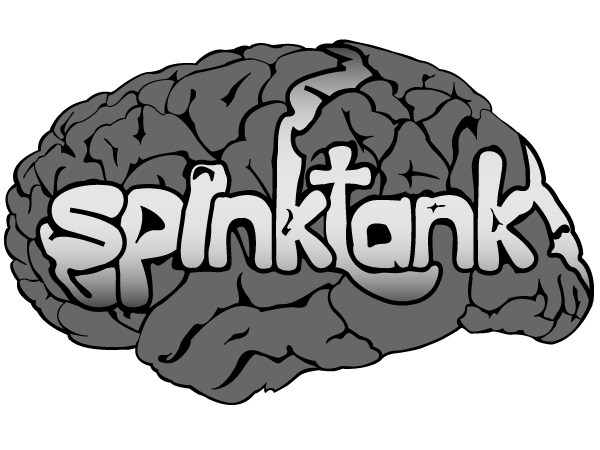
Farmers & Chefs: What leaders of volunteers are and what they’re not
By Erin Spink | Thought Leadership
I’m much slower than others in summing up my reactions and takeaways from the 2017 National Summit on Volunteer Engagement Leadership that took place at the end of July in Minnesota. I echo all the positive feedback already shared- it was an energizing and inspiring gathering of peers, with solid learning and hope for the future of the Volunteer Engagement profession.
Reflecting on what unique perspective I could add on the conference though, is one piece that I found concerning at the conference: language. I heard many delegates refer to it as the conference on “volunteering”, or talk about our role in “volunteerism”. It wasn’t and it’s not.
For me, the relationship leaders of volunteers can and should have to volunteerism and volunteering is that of a chef to a farmer. Volunteer Centres, schools, community service programs and other places, like faith communities, where sharing your time and talents with others are instilled, learned and encouraged are the critical farmers, growing the produce- volunteers. Like all good chefs, our role is to take that produce and find where it shines best in support of advancing our organization’s mission.
Should there be a relationship between farmers and chefs? Absolutely! Is there an impact to each other when for example, chefs waste produce’s time or enthusiasm- of course. It makes it harder for the farmers to continue growing bountiful crops. Effective volunteer engagement is a perfect example of the farm-to-table philosophy, where the chefs work closely with farmers to grow and utilize the best crop possible, recognizing that we are interdependent on one another and anything that diminishes either the growth or the application of the crop weakens the whole ecosystem.
Clearly I’ve taken this analogy of farmers and chefs to an extreme, but I do think it can be a helpful way of framing the dynamic between promotion of volunteerism and the practice of volunteer engagement. What do you think?


